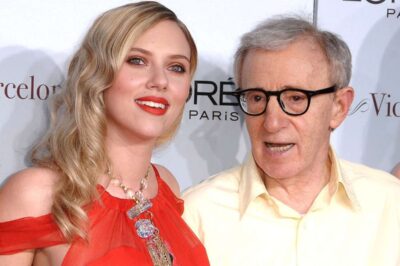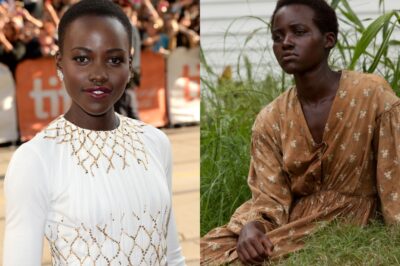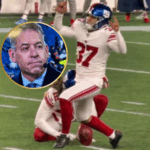Michael Sweet, the frontman of Christian metal band Stryper, recently expressed his disappointment with the Super Bowl’s entertainment choices. He shared his thoughts on Facebook.
Sweet’s comments came after Bad Bunny was announced as the Super Bowl LX performer. This prompted the rock musician to question the lack of rock representation at the major sporting event.
“There’s nothing like a good, old fashioned half-time rock show,” Sweet said. “Will we ever see a rock band delivering a rock set at The Super Bowl again? Probably not…”
Sweet’s post received significant engagement from fans and followers. He added another comment acknowledging the response.
“Thanks for sharing,” he continued. “Enough ‘noise’ sometimes makes a difference.”
Sweet’s concerns reflect a broader shift in Super Bowl halftime entertainment that has moved away from rock music over the past two decades. The musician’s frustration taps into ongoing discussions about genre representation in major entertainment events.

Rock95 reported that rock bands like The Rolling Stones in 2006 and U2 in 2002 delivered some of the most memorable Super Bowl halftime shows. U2’s tribute following 9/11 was noted for both its powerful music and emotional significance. These performances demonstrated rock music’s ability to connect with massive audiences during pivotal cultural moments.
However, the evolution of the halftime show has increasingly favored solo pop artists and spectacle-driven performances. This has diminished the presence of traditional rock bands. Giddy Up America noted that productions now focus more on pop and hip-hop stars who bring broader mainstream appeal and elaborate staging capabilities.
This shift reflects larger trends in halftime entertainment. Artists like Kendrick Lamar in 2025 and the upcoming Bad Bunny performance represent the NFL’s strategy to capture younger, more diverse audiences. CBS Sports explained that the halftime show has transformed from simple entertainment into a major cultural event that prioritizes visual spectacle and mainstream chart success.
The decline of rock representation at the Super Bowl mirrors broader changes in the music industry. Streaming platforms and social media have shifted promotional focus toward genres that perform better in digital formats. Sweet’s call for “enough noise” to make a difference highlights the ongoing debate about whether major sporting events should maintain genre diversity or continue following current market trends.
News
WATCH Scarlett Johansson shock family audiences as her husky-voiced “Set It All Free” soars past tens of millions of streams, leaving theaters shaking in 2016.
Known globally for her dramatic roles and blockbuster action turns as Black Widow, Scarlett Johansson surprised family audiences in 2016 by lending…
Scarlett Johansson isn’t sure if her vocal support for filmmaker Woody Allen had any effect on her career or personal friendships, but feels that it’s important to “stand up for what you believe in.”
Scarlett Johansson wants to return to the Marvel Cinematic Universe in a different role: director. While the former MCU star has no plans…
Lupita Nyong’o Says Hollywood Tried To Box Her In After ‘12 Years A Slave’
Lupita Nyong’o may have won an Oscar for her very first film role, but she quickly discovered that Hollywood’s imagination for…
Anne Curtis reprises Nina in Buy Bust: Undesirables, 7 years after the raid that changed everything. Soon only on Netflix in 2026.
Erik Matti’s long-awaited follow-up to 2018’s Buybust has begun shooting. Anne Curtis returns alongside Gerald Anderson in a bigger, darker,…
‘Stranger Things 5’ Star Cara Buono on Karen’s Big Action Scene and Her Private Backstory for the Character: ‘She’s a Functioning Alcoholic!’
‘Stranger Things 5’ Star Cara Buono on Karen’s Big Action Scene and Her Private Backstory for the Character: ‘She’s a…
BREAKING: JON BON JOVI NAMED ONE OF TIME MAGAZINE’S “TOP 100 MOST INFLUENTIAL ARTISTS OF 2025
Jon Bon Jovi Named One of TIME Magazine’s 100 Most Influential People in Music 💖🏆 Global rock icon Jon Bon…
End of content
No more pages to load












